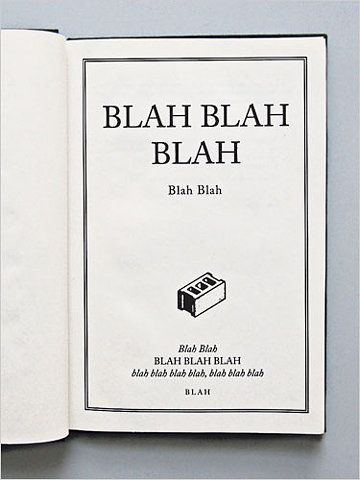From last week, an eclectic collection of articles and posts that did not receive their due tweets from me, including some standouts from International Women’s Day at the end. Enjoy!
***
How to grow your organization from the grassroots on Chewy Chunks – a flash presentation on GlobalGiving.org’s training process meant to (re)train local groups on how to mobilize their own support through people, not organizations.
Spinning the Story for Development on the Communications Initiative – Interesting profile an American journalist in Pakistan.
The World According to USAID on AidWatch
Do we need an MA in Social Media for International Development & Change? on Ethnographic Insights
The future of (aid) work is social by Ian Thorpe
From Humanitarian Assistance to Development (or not) by Edward Carr
How can better models of change sharpen up our work on development? by Duncan Green – “How do we equip existing advisers on livelihoods, healthcare, disaster relief etc, who may see themselves primarily as technical specialists, to think systematically about change? And that may mean thinking about who we recruit in the first place.”
How do you measure history? on the World Bank blog – The answer? (as if it were that easy…)
y = b0 + b1x1 + b2x2 + b3x3 + b4x4 + b5x5 + b6x6 + b7x7 + b8(x1x4) + b9(x3x4) + e
Favela pre-school gives children a place to dream, the latest in Panos’ Voices from the Ground series – “In the favela, reality is so demanding that dreamers are called lunatics…we work to change that.”
Idealist Interrupted by Satori Worldwide
The end of the ‘Washington Consensus’ by Kevin Gallagher in The Guardian – “…the Financial Times reports that China has lent over $110bn to developing countries over the past two years, more than the World Bank has made in three years.”
A perspective on economic development on vijanaFM – “I am arguing for an obsession for economic development…[which] should be evaluated according to the level of basic services the poorest citizen enjoys.”
The Bottom Billion: Defending Neoliberalist Shock Therapy by Erik S. Reinert on Pambazuka News – “Putting Paul Collier, the former chief economist of the World Bank and one of the architects of this folly, in charge of explaining what went wrong with globalisation is akin to putting Attila the Hun in charge of the Ministry of Roman Reconstruction.”
Closing the gap between policymakers and people – profile of a program in Bangladesh from The Guardian Poverty Matters blog
Wangari Maathai: “These Winds of Change May Now Reach Across the Sahara” in The Guardian
A skeptic’s guide to non-violent resistance by Erica Chenoweth, HT Peace and Collaborative Development Network
Are we winning the global war on human suffering? Charles Kenny’s Getting Better on the Foreign Policy Book Club
The psychology of giving & the double wammy of corruption, on Bottom Up Thinking
Thugtatorship: the highest stage of African dictatorship by Alemayehu G. Mariam at Pambazuka News (HT Kubatana.net)
Full alphabetical glossary of development terms (50 pages worth!) from the Swiss Department of Foreign Affairs HT Beyond the First World News
Aid 2.0: What does aid look like with drastically fewer poor countries? on Global Dashboard “…traditional donors might seek to direct their activities to supporting inclusive policy processes and toward support for civil society organizations, media, social movements, and other drivers of change.”
And a few stand-outs from International Women’s Day:
Life in Gaza (and Sierra Leone, Malaysia, Afghanistan, Panama, southern Sudan, etc.) on International Women’s Day, a feature series of 13 articles on The Guardian Global Development Portal
Why Foreign Aid Matters to Women by Ruth Messinger, President of American Jewish World Service on The Huffington Post
Women’s Empowerment: A journey not a destination by Lawrence Haddad at IDS
***
Related Posts
Titillating TED Talks for Development Folks

